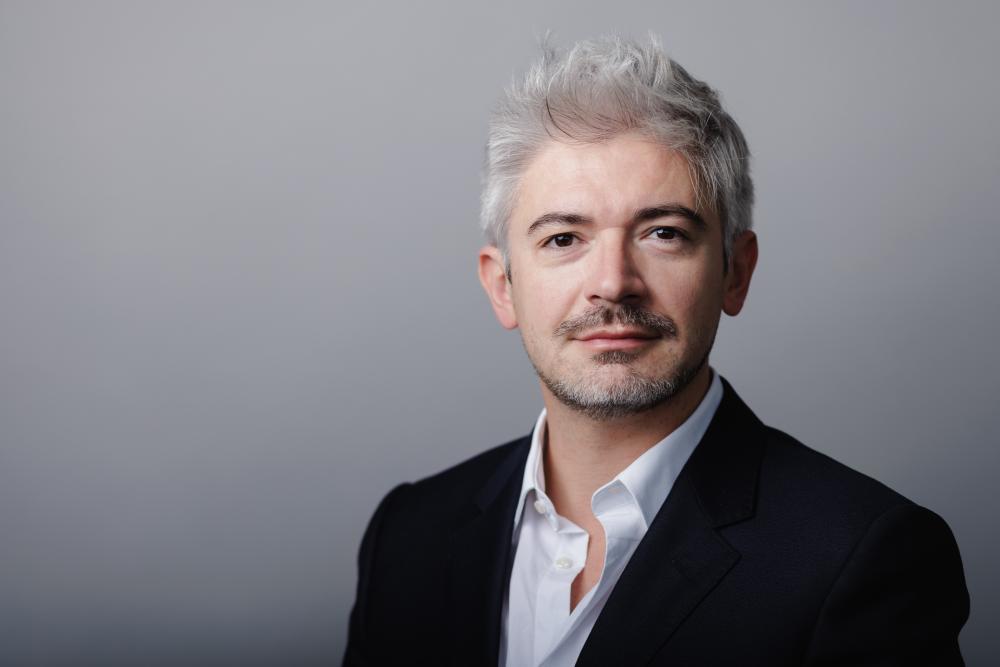South African president invites SOAS economist to advise on sustainable transformation policies


SOAS economist Antonio Andreoni, Professor of Development Economics and Co-Director of the SOAS Centre for Sustainable Structural Transformation, has been invited by the President of South Africa, Cyril Ramaphosa, to join the Presidential Economic Advisory Council (PEAC) of South Africa.
The aim of the Council - a non-statutory and independent body chaired by the President - is to pursue rapid, inclusive and sustainable economic growth and job creation, and ensure that South African government and society in general is better equipped to respond to changing economic circumstances.
Ensuring sustainable economic transformation takes place is the policy imperative across Africa and beyond...
Professor Andreoni is one of a select group of international scholars who will join advisors from South Africa on the Council. It brings together prominent economists and technical experts drawn from academia, the private sector, labour, community and think tanks to support the South African administration to ensure greater coherence and consistency in the implementation of economic policy.
Professor Andreoni, whose research has given particular emphasis to sustainable structural transformation and the role of the state, with a focus on industrial policy design and implementation, said:
“Ensuring sustainable economic transformation takes place is the policy imperative across Africa and beyond, we are pleased to bring the expertise of the SOAS Centre for Sustainable Structural Transformation to this forum where our integrated research on energy transition, mineral resources, reorganisation of the international supply chain, and construction of new infrastructure – can have a positive and lasting impact on inclusive economic growth and job creation in South Africa.”
Professor Andreoni is Co-Director of the SOAS Centre for Sustainable Structural Transformation and is the co-editor of Structural Transformation in South Africa: The Challenges of Inclusive Industrial Development in a Middle-Income Country.
Image credit: Adobe Stock, central business district of the city of Johannesburg.



